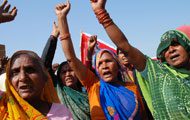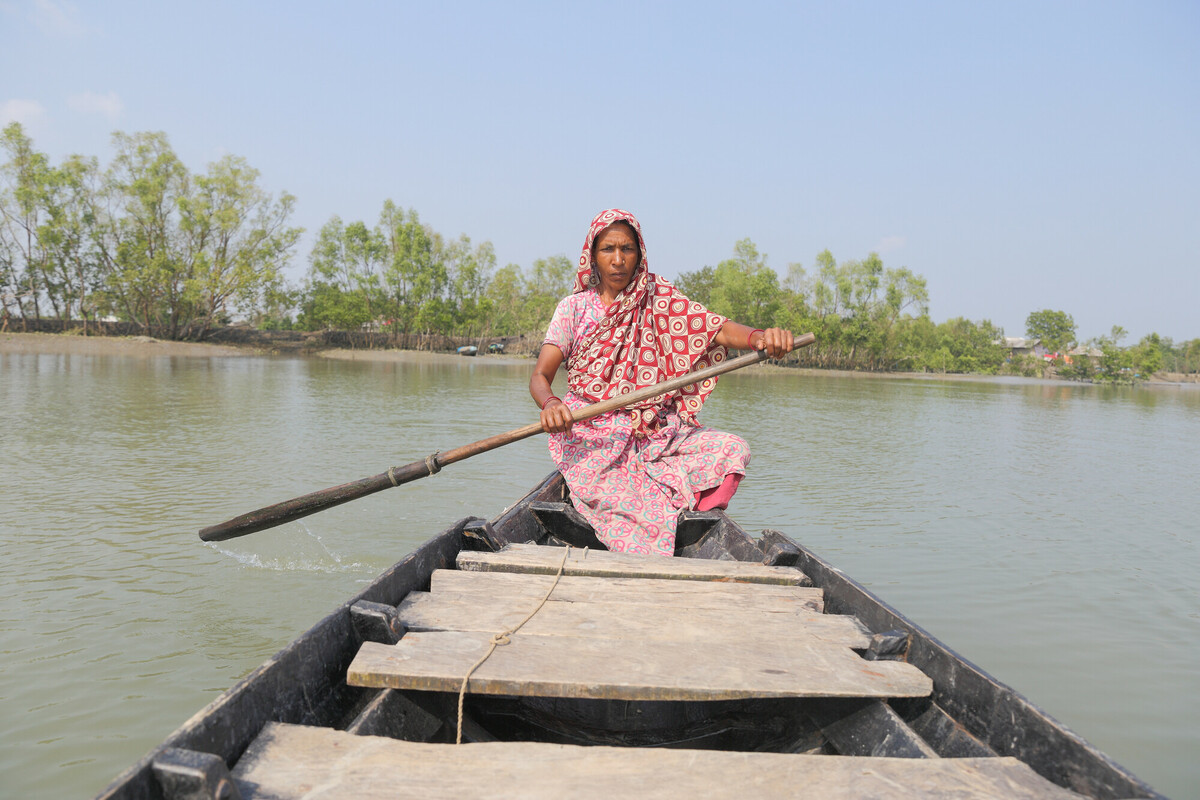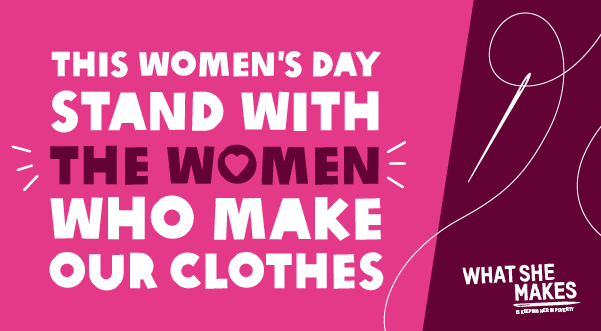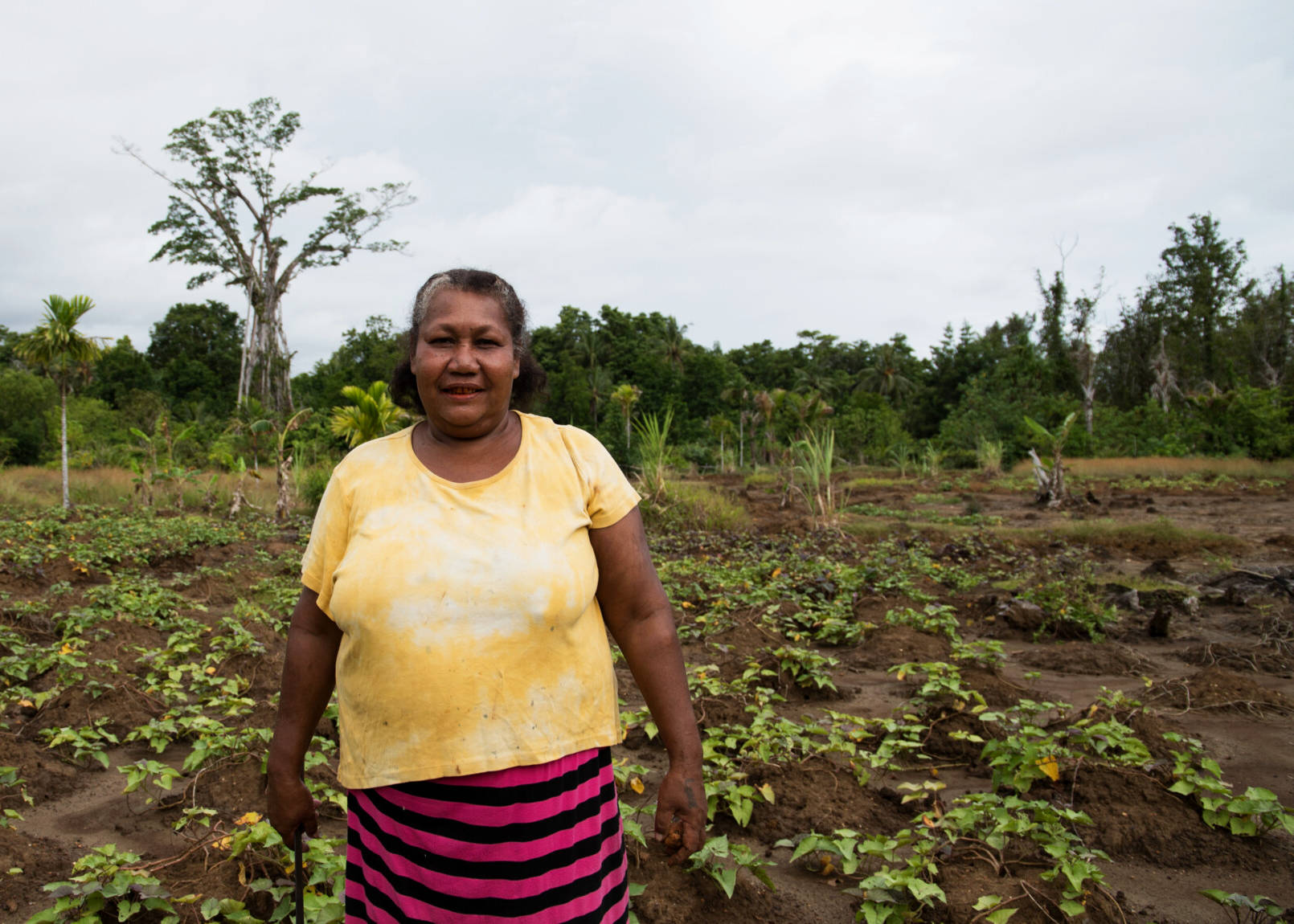Women can expect to wait another 75 years before they receive the same amount of pay as their male counterparts.
That’s according to Oxfam’s new report, The G20 and gender equality – How the G20 can advance women’s rights in employment, social protection and fiscal policies which highlights the role of the G20 group of countries in taking action on gender inequality.
And when you’re working to stamp out poverty, gender matters. Seventy per cent of the 1.3 billion people who live in extreme poverty worldwide are women and girls.
Discrimination against women
In G20 countries and beyond, women are paid less than men, do most of the unpaid labour, are over-represented in part-time work, and are discriminated against in the household, in markets and in institutions.
The report states if the hidden contribution of women were valued – for instance, caring for children or carrying out housework– the GDP of individual G20 countries could increase by 20- 60 per cent.
Gender discrimination not only contributes to economic inequality — it exacerbates it. In short, the absence of women’s rights drive poverty, while their fulfilment could drive development.
That’s why it’s imperative the G20 agenda must address systemic discrimination and economic exclusion of women across G20 countries.
Put inequality firmly on the G20 agenda
As we’ve seen this year, inequality has been rapidly rising around the world and in Australia, and action on gender discrimination presents an opportunity to address inequality more broadly.
While G20 countries have made the commitment to tackle the barriers to women’s full economic and social participation, we now need to see action.
Discrimination and injustice are major causes of poverty worldwide, and women and girls bear the brunt of it in all aspects of their lives.
Call on Tony Abbott as leader of the Australian presidency of the G20 to put inequality firmly on the G20 agenda
Call on Tony Abbott as leader of the Australian presidency of the G20 to put inequality firmly on the G20 agenda





